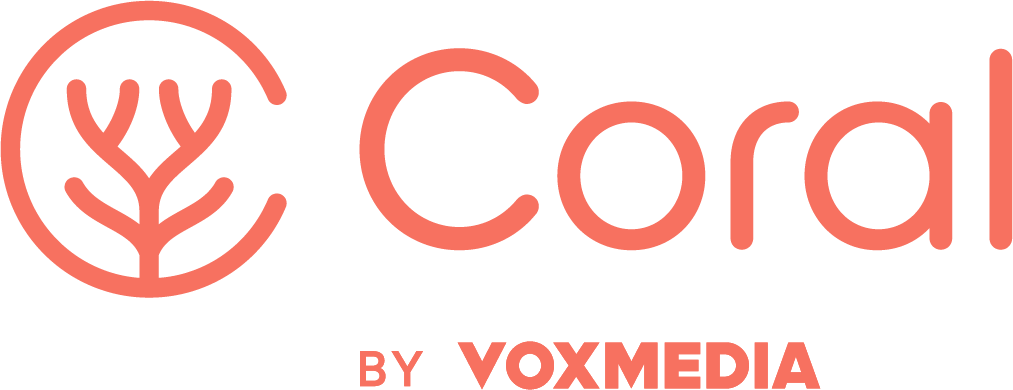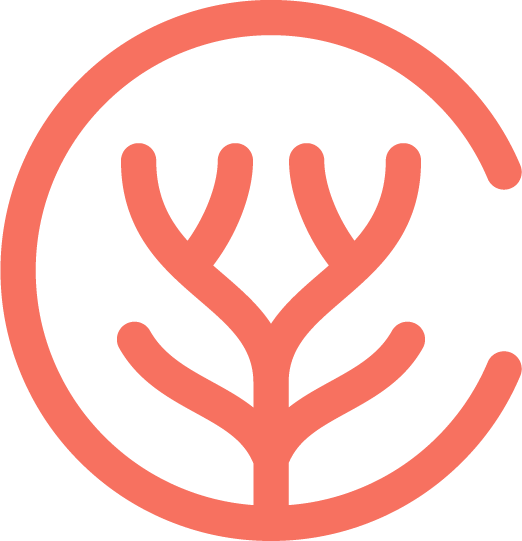by Rob Malda
In the earliest days of the tech community Slashdot, we didn’t even have user accounts.
Users could enter whatever name they desired with every post they shared. Our community was small and tightly knit. Abuse was rare. Those were the salad days, and they had to come to an end. Before Slashdot’s first birthday, I created user accounts, and took account #1. Things were never the same.
The community remained generally positive. Several key abuses disappeared (like, for example, impersonating me to lie about site policy in public forums!) but new sorts of abuse emerged, such as misspelling user accounts to fool users (eg impersonating my ‘CmdrTaco’ handle by registering ‘CmdrTac0’). I started disallowing more and more characters, and incorporating the user account number into the display to make ownership more obvious. An arms race had begun.
I began to see a pattern. The core community we developed over the first year was simply amazing. By actively participating in our community, steering the conversation, and constantly re-seeding the discussion with new stories every 45 minutes or so, the system had become self perpetuating. But as the community grew from dozens to hundreds to thousands, the motivation to abuse the system increased.
A new breed of user arrived: The Troll. They took many forms, ranging from posting material that might be entertaining, perpetuating running gags and memes that bonded the community together, to malicious users who merely incited hostility with oppositional viewpoints or offensive language, and users who explicitly aimed to break the system in a technical way by flooding a forum with a waterfall of posts that drowned out the real material.
These attacks became an unyielding force, pushing Slashdot developer time away from its core mission of the dissemination and discussion of nerd news. We were forced to play referee between users, some of whom were actively dishonest about their role in the system.
If your community is successful, you will face many of the same problems. Some of the solutions will be technical, but you must always keep in mind that from every change you make, unintended consequences will inevitably pop up.
For example, users might try to break the rendering of your page by creating posts that are wider than typical browser display. You can address this by forcing breaks every N characters… but this might break a user trying to post source code or a table of data or even innocently intended ASCII artwork. And the truly motivated troll will take your defensive action as a chess move, and try to come out with a new technique in order to watch you scramble again.
Meanwhile, well-meaning but uninformed users were increasingly feeding the trolls by replying to them, or complaining about them. Of course, these mediocre comments only compound the problem of poor quality content drowning out the useful and good – however well-intended, any pushback against trolls just increases the level of off-topic noise.
My takeaway from the experience is this: the cost of success is an increase in maintenance costs.
Dealing with noise soon becomes very expensive, and creating a technical solution that’s right for you requires careful thought and engineering. Also, as the community maintainer, you need to address these distracting comments quickly.
Image Courtesy of Wikimedia Commons.
Rob “CmdrTaco” Malda is the creator and user #1 of the popular News for Nerds site Slashdot.org. He spent many fruitful years there developing some of the first large scale community driven discussion systems, and crowd sourced news systems. After more than a decade he left and since logged some time working for the Washington Post Labs, and developing a news app known as Trove.


